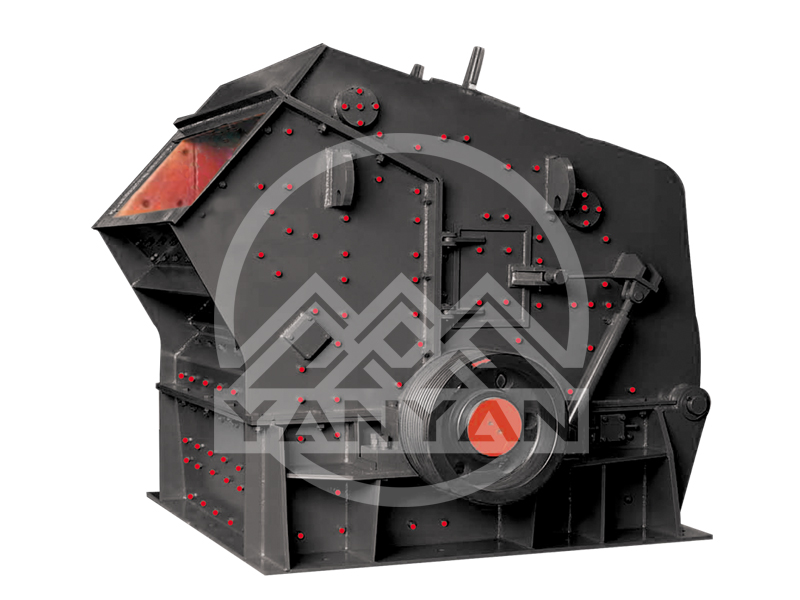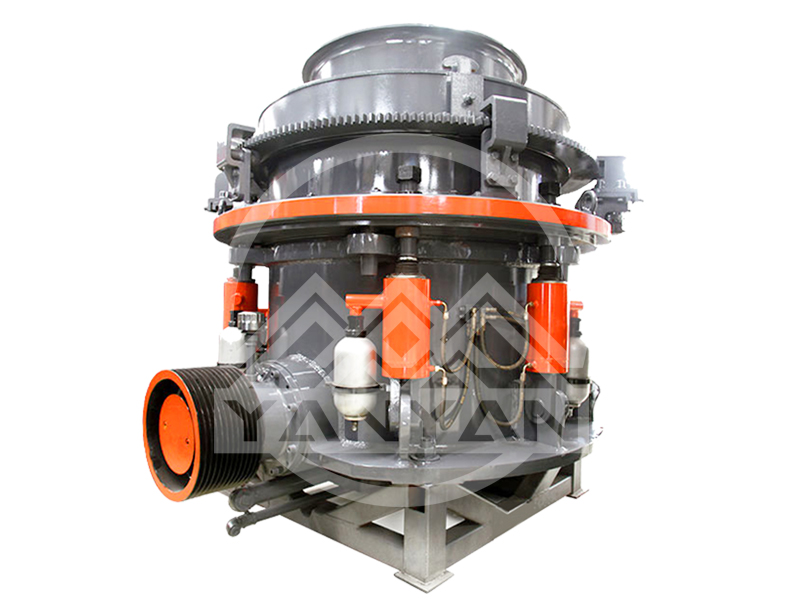When it comes to stone crushing, choosing the right equipment is crucial for efficiency and cost-effectiveness. Two popular options are
impact crusher and
cone crusher. Each has its own advantages and drawbacks, making them suitable for different applications.
Working Principles
Impact crushers use a rotor equipped with hammers or blow bars to strike the material at high speed, causing it to break into smaller pieces upon collision with impact plates. This method is effective for brittle materials and produces a more uniform particle shape.
Cone crusher,
Cone crusher on the other hand, crush materials by compression between a rotating cone and a stationary bowl. The cone moves, squeezing the material against the bowl liner. This compression-based mechanism is better suited for harder materials and provides a more gradual reduction in size, offering high precision in particle shape.
Crushing Efficiency and Capacity
Impact crushers are more efficient at processing softer, less abrasive materials such as limestone, coal, and certain recycled materials. They tend to have a higher reduction ratio, meaning they can reduce larger pieces of material to a smaller size in one pass. However, they may struggle with harder rocks.
Cone crushers excel in crushing hard, abrasive rocks such as granite or quartz. While the initial throughput may be slower than impact crushers, they are more efficient in the long run for these materials due to their compression-based mechanism.
Final Product Shape and Quality
Impact crushers produce a more uniform product shape with a cubical form, which is often desirable for construction applications like road building and concrete production. The high-speed impact mechanism tends to generate more fines, which can be beneficial for certain applications.
Cone crushers are excellent for producing well-graded material, which is often used in the mining industry for secondary or tertiary crushing. The shape of the material produced is less angular compared to impact crushers but may still be slightly more elongated.
Applications
Impact crushers are commonly used in projects that require quick material processing, such as recycling plants, where a fast turnaround is necessary. They are also frequently employed in aggregate production and construction industries where a uniform product size and shape are required.
Cone crushers are more suited for applications involving hard or abrasive materials, such as mining operations. They are often used in secondary or tertiary crushing stages to produce finer materials, making them ideal for mining, mineral processing, and certain types of industrial sand and gravel applications.
Maintenance and Wear
Impact crusher generally experience higher wear rates due to the constant collision between the material and the blow bars or hammers. Frequent maintenance is required to replace these parts, especially when crushing hard or abrasive materials.
Cone crushers typically have lower wear rates due to the compression-based crushing method. However, maintaining the liners and ensuring proper feed size is critical for optimal performance.
Cost Considerations
Impact crushers may have higher maintenance costs due to the frequent replacement of wear parts. However, they can be more cost-effective for processing softer materials quickly.
Cone crusher, while having lower wear rates, may require more complex and precise maintenance. Their lower operating costs over time make them economical for processing harder materials in large volumes.
Conclusion
The choice between an impact crusher and a cone crusher depends on the specific requirements of your project. If you're dealing with softer materials and need a uniform product shape quickly, an impact crusher might be the better choice. For harder, abrasive materials where precision and long-term efficiency are key, a cone crusher would be more suitable.
Consider factors such as material type, required output size, production capacity, maintenance capabilities, and budget when making your decision. Consulting with industry experts and reviewing product specifications can help you make an informed choice tailored to your specific needs.
By understanding the differences and applications of these crushers, you can optimize your stone crushing operations for both efficiency and profitability.


